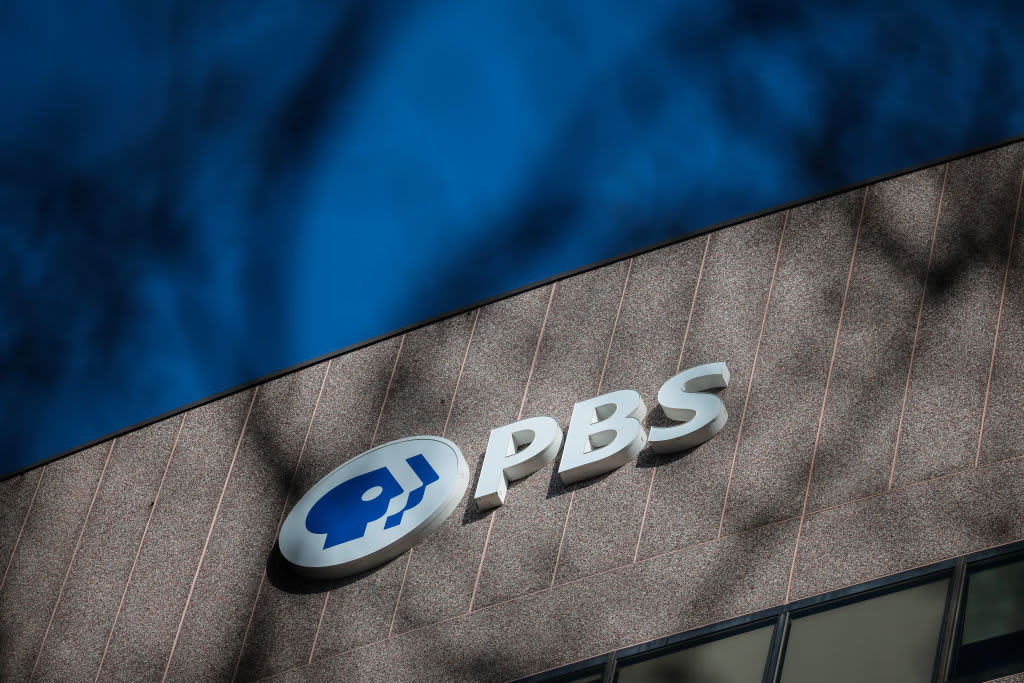
Over the past month, the Trump administration has ignited a fierce battle with two cornerstone American public broadcasters—the Public Broadcasting Service (PBS) and National Public Radio (NPR). This conflict arose from an executive order signed by President Donald Trump aimed at halting federal funding to these organizations, sparking both legal battles and a heated national debate over government support for public media and the scope of presidential authority.
At the heart of the dispute lies the executive order issued in late April, which accused PBS and NPR of biased, left-leaning reporting, labeling them as purveyors of “left-wing propaganda.” This directive commanded the Corporation for Public Broadcasting (CPB)—a private nonprofit created to distribute federal funds to public media outlets—to cease all funding to these public broadcasters. The annual government support, roughly half a billion dollars, sustains about 1,500 public media stations nationwide, including flagship programs like PBS’s *NewsHour*.
Allegations of Bias and the Legal Challenge
The administration’s rationale for cutting the funding emphasized claims of editorial bias against conservative viewpoints and a desire to stop what it deemed taxpayer money subsidizing politically adversarial media. However, PBS, NPR, and other public media entities responded with strong opposition, challenging the order’s legality as an unconstitutional form of government censorship.
These organizations filed a series of lawsuits proclaiming that the executive order infringes upon the First Amendment, particularly the freedoms of speech and press. Their argument centers on the allegation that the administration’s action amounts to viewpoint discrimination, effectively punishing broadcasters critical of the White House by weaponizing federal funding. This retaliation, they argue, undermines journalistic independence and sets a dangerous precedent where the government could silence dissent by controlling the wallet.
Presidential Overreach and the CPB Board Controversy
Another key front in the legal struggle arises from President Trump’s removal of three members of the CPB board. This move is viewed by plaintiffs as a deliberate attempt to dismantle the board’s quorum, crippling its ability to function and oversee public broadcasting properly. Since the CPB board manages federal funding and governance for public media, such interference constitutes a severe breach of statutory safeguards designed to protect these entities from political manipulation.
This disruption not only violates legal boundaries but also stokes fears about politicizing institutions meant to remain independent. Critics argue that stripping the board of its members is a clear overreach of executive authority, threatening the balance of power and the integrity of public broadcasting.
Public Media’s Role and the Broader Implications
Beyond these legal entanglements, this clash underscores far-reaching questions about the future of public media in the United States. Since its inception, federal support for the CPB has enjoyed bipartisan backing, reflecting broad recognition of the importance of independent, non-commercial news and educational programming. PBS and NPR are not just news sources; they are pillars of public discourse that provide educational content and diverse perspectives often absent from commercial media.
Cutting this funding jeopardizes their ability to operate, potentially depriving millions—especially in underserved communities—of critical information and cultural programming. The leadership of these organizations has vocally condemned the executive order; PBS CEO Paula Kerger called it “blatantly unlawful,” while NPR and member stations labeled it “textbook retaliation,” warning of its chilling effect on unbiased journalism.
This battle fits a wider pattern of tension between the Trump administration and institutions perceived as adversaries, raising essential concerns about how government power should be wielded in the era of democratic values. While the administration insists it is protecting taxpayers and rooting out bias, opponents see these actions as threats to foundational civil liberties that sustain an open and pluralistic society.
The unfolding legal fight is about more than money—it is a test of constitutional protections that prevent federal resources from being misused as political weapons. As courts examine the case, the outcome will carry significant implications for free speech, media plurality, and government accountability.
In sum, the executive order to cut funding to NPR and PBS has opened a complex legal and political drama, highlighting the indispensable role of public media in American life and the delicate balance between government oversight and editorial independence. Whether this dispute resolves in favor of preserving federal support or redefines the limits of presidential power remains uncertain, but its ripples extend well beyond the immediate financial stakes, touching the very core of democratic freedom and the future landscape of American journalism.
